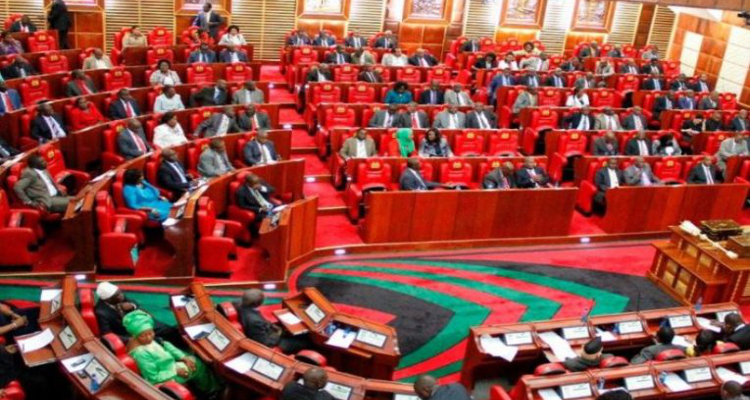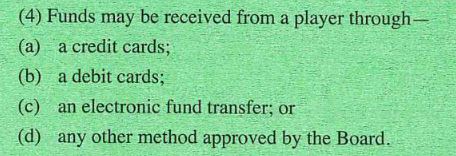The Kenya National Assembly’s Sports, Culture and Tourism Committee has revised a section of the Gaming Bill 2019 which bars gamblers and betting companies from undertaking mobile money or cash transactions.
As part of the amendment, mobile money services will now be accepted by gaming operators as an authorised means of payment.


The Kenya Parliament introduced the Gaming Bill in 2019 to monitor the system of gambling operators by imposing hefty payable taxes, a mandatory 30% local ownership and disallowing gaming ads.
A section of the bill had explicitly stated that licensed gaming operators could only receive payments from players via credit/debit cards, electronic bank transfers or any other method approved by the board.


Mobile money platforms were not listed as one of the accepted modes of payments in a rather surprising development considering that mobile money platforms are predominantly used to process payments across Kenya.
The country has about 58 million mobile money subscribers – 4 million more than the entire Kenya population of 54 million. This is reflective of how widely adopted mobile money services are in the country, with many people running multiple mobile money accounts.
While the amendment has now effectively recognised that statistic, the Kenyan Legislature is, however, proposing the prohibition of credit/debit card payments by gamers. The minimum amount for an online gambling bet has also been increased from a previous KSh50 to KSh100.
Kenya Govt and M-Pesa Dominance
The amendment of the 2019 Gaming Bill is perhaps part of the Kenyan government’s plan to generate more M-Pesa revenue from its legalised billion-dollar gambling industry. A 2019 PwC audit revealed that Kenya is Africa’s third-largest gambling market behind only Nigeria and South Africa.
Leaked data from the country’s betting regulator shows that over KSh360 billion ($3.6 billion) was spent on betting in 2019.
Kenya’s gambling market is heavily dominated by sports betting on mobile phones. According to GeoPoll, 88% of gamblers in Kenya have placed bets using their mobile phones.


Suggested read: Sports Betting: The Unchecked Rise of a Billion Naira Gambling Epidemic in Nigeria
Leading mobile money operator, M-Pesa possesses up to 99% of the mobile money market share in Kenya. The platform offers financial services to about 42 million subscribers in the country. Earlier this year, M-Pesa’s intellectual property rights were acquired by Safaricom and Vodacom from Vodafone in a joint venture deal.
The Kenya Government owns a 35% stake in Safaricom – which recorded about 20% rise in full year profits to $747 million following the acquisition.
M-Pesa’s performance has been pivotal to the growth of Safaricom and the government cannot turn live in denial of that fact. With the acceptance of mobile money to process gaming transactions, M-Pesa will predictably be the preferred platform for gamers.
This will lead to increased usage and increased revenue for the mobile money giant. It also means that the government’s 35% stake will be worth much more than it is at this time.
It appears that the proposed ban on credit/debit card payments by gamers is part of the government’s strategy to clamp down on M-Pesa competition. Gamers will be left with only the alternative of bank electronic transfers which are generally slower.
Therefore, it is clearly in the government’s best interests to accelerate M-Pesa’s growth in the country.
Minimum Bet Raised by 100% to deter Illegal Gaming
The Kenya parliament has raised the minimum bet for online gambling by 100% from KSh50 to KSh100. According to the legislators, the move is an attempt to “discourage” gambling and crack down on illegal gambling in the country.
The growth of Kenya’s gambling market has attracted a lot of interest which has led to the creation of a variety of unlicensed gambling centres. Last year, several gambling machines were imported into the country by unlicensed operators.
The government had sought to control this by banning importation of slot machines and increasing the minimum gambling/betting amount to KSh59 from KSh20.
However, unlicensed operators have found a way to bypass these laws by sourcing locally made machines.
Although the Kenya government has said it doubled the minimum betting amount to suppress illegal gambling, it also seems part of its strategy to free up the market share held by unlicensed gambling operators.






